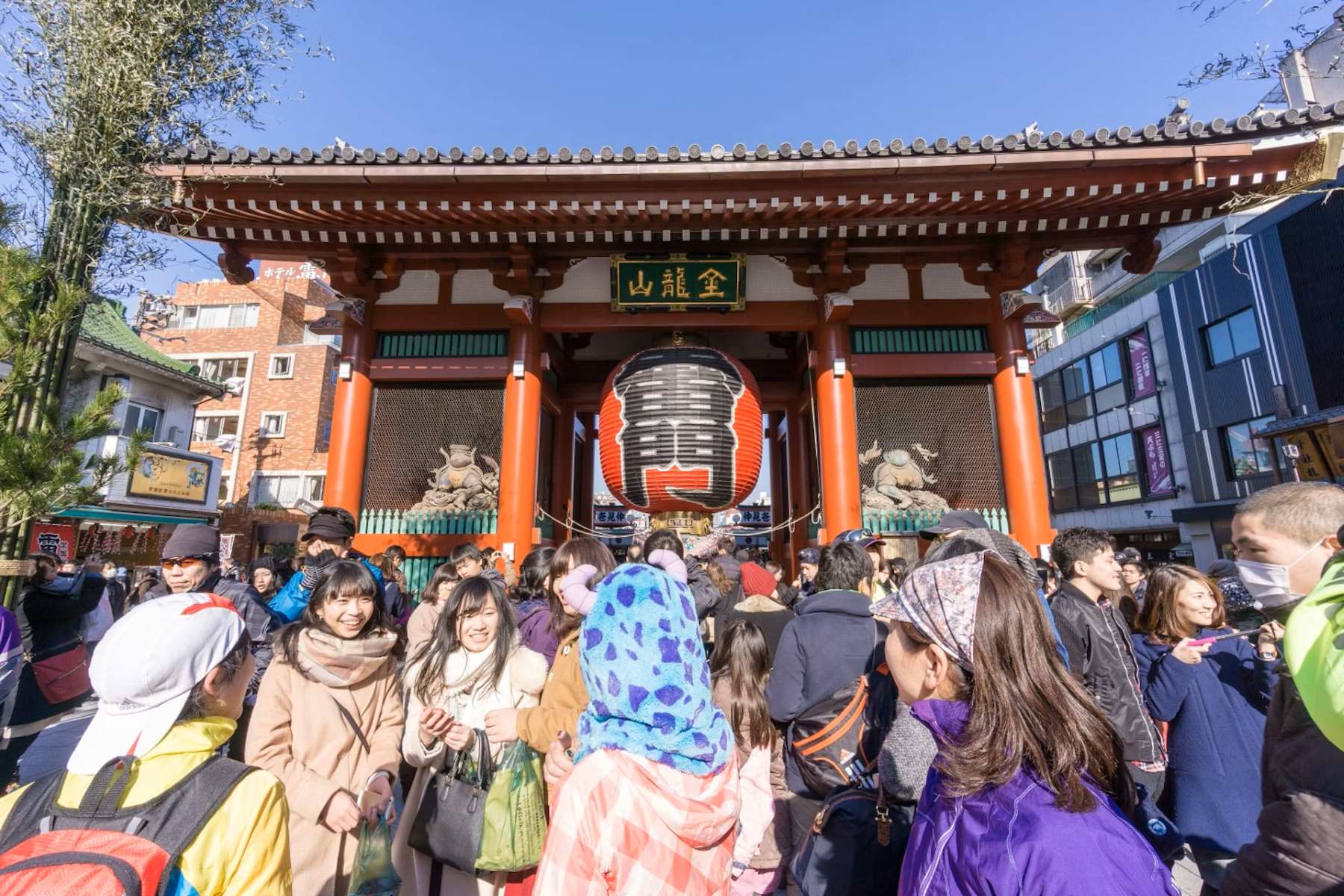Hidden Etiquette Secrets For Your Japan Adventure

Planning a trip to Japan? Understanding Japanese etiquette can make your visit smoother and more enjoyable. From bowing to removing shoes, these customs might seem tricky at first. Bowing shows respect, and the depth of the bow can indicate the level of respect or gratitude. When entering homes or certain traditional places, remember to take off your shoes. Using chopsticks properly is another important aspect. Never stick chopsticks upright in rice, as this resembles a funeral ritual. Also, avoid passing food from one pair of chopsticks to another. These small gestures can help you blend in and show respect for local traditions.
Bowing: A Sign of Respect
Bowing is a fundamental aspect of Japanese culture. Understanding when and how to bow can make a significant difference in how you are perceived.
Greeting: A slight bow when meeting someone shows respect. The deeper the bow, the more respect you convey.
Apology: A deeper bow is used when apologizing. It shows sincerity and regret.
Thank You: Bowing while saying "arigatou" (thank you) adds a layer of gratitude.
Shoes Off, Please!
In Japan, shoes are often removed before entering homes, temples, and some traditional restaurants. Knowing when to take off your shoes can prevent awkward situations.
Homes: Always remove shoes before entering someone's home. Slippers are usually provided.
Temples: Many temples require visitors to remove their shoes. Look for signs or follow the locals.
Traditional Restaurants: Some restaurants with tatami mat seating will ask you to remove your shoes.
Quiet on Public Transport
Japanese public transport is known for its quiet and orderly environment. Keeping noise to a minimum is a sign of respect for others.
Phones: Keep phones on silent mode. Avoid talking on the phone while on trains or buses.
Conversations: Speak in hushed tones if you need to talk. Loud conversations are frowned upon.
Music: Use headphones and keep the volume low to avoid disturbing others.
Handling Chopsticks
Using chopsticks correctly is crucial in Japan. Improper use can be seen as disrespectful or even offensive.
Passing Food: Never pass food directly from one pair of chopsticks to another. This resembles a funeral ritual.
Sticking Chopsticks: Do not stick chopsticks upright in a bowl of rice. This also mimics a funeral practice.
Pointing: Avoid using chopsticks to point at people or objects. It’s considered rude.
Gift Giving
Gift-giving in Japan is a thoughtful and nuanced practice. Knowing the etiquette can help you make a good impression.
Wrapping: Presentation matters. Wrap gifts neatly and avoid using white paper, which is associated with funerals.
Giving and Receiving: Use both hands when giving or receiving a gift. This shows respect and appreciation.
Timing: Gifts are often given at the end of a visit or meeting, not at the beginning.
Bathing Etiquette
Public baths, or "onsen," are a popular part of Japanese culture. Following proper etiquette ensures a pleasant experience for everyone.
Shower First: Always shower and rinse off before entering the communal bath. Cleanliness is crucial.
Towels: Do not bring towels into the bath. Leave them outside or place a small towel on your head.
Quiet: Maintain a quiet demeanor. Onsen are places for relaxation and tranquility.
Tipping: A No-Go
Tipping is not customary in Japan and can even be considered rude. Understanding this can save you from awkward moments.
Restaurants: Do not leave tips at restaurants. Exceptional service is expected and included in the price.
Taxis: No need to tip taxi drivers. A simple "arigatou" suffices.
Hotels: Tipping hotel staff is unnecessary. Instead, show appreciation through polite behavior.
Respect Personal Space
Personal space is highly valued in Japan. Being mindful of this can help you blend in more seamlessly.
Queues: Stand in line patiently and avoid cutting in. Orderliness is appreciated.
Crowded Areas: In busy places, keep a respectful distance from others. Avoid unnecessary physical contact.
Elevators: Allow people to exit before entering. Stand to the side to let others pass.
Embracing Japanese Etiquette
Understanding Japanese etiquette can make your trip smoother and more enjoyable. Simple gestures like bowing, removing shoes before entering homes, and being punctual show respect. When dining, remember to say "itadakimasu" before eating and "gochisousama" after finishing. Avoid talking loudly on public transport and always dispose of trash properly.
Respect personal space and avoid physical contact like hugging or back-patting. When visiting temples or shrines, follow the local customs, such as washing hands and mouth before entering.
Learning a few basic Japanese phrases can go a long way in showing respect and making connections. By embracing these customs, you'll not only have a more authentic experience but also show appreciation for the culture. Enjoy your adventure in Japan with confidence and respect.

